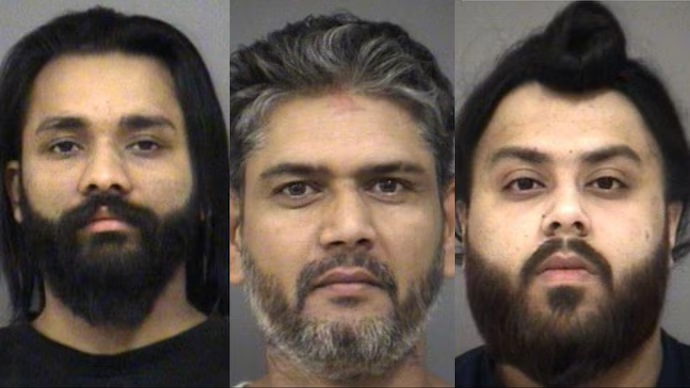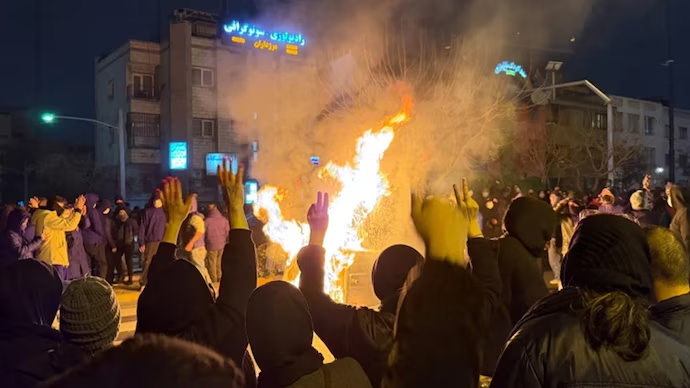Mahendra Patel reflects on his 47-day jail ordeal after being falsely accused of child abduction in a Walmart store
Mahendra Patel, an Indian-origin man from Georgia, was released this week after spending 47 days in Cobb County Jail, accused of attempting to kidnap a child at a Walmart store on March 18. Patel, who was granted bond for $10,000, said he turned to the Bhagavad Gita for strength during his incarceration, reading the Hindu scripture daily, reported timesofindia.indiatimes.com.
Surveillance footage helped overturn a claim that sparked outrage in the community.
She alleged Patel then grabbed her child, resulting in a “tug-of-war” between them.
However, Patel’s lawyer, Ashleigh Merchant, presented store surveillance footage that contradicted the claims. The video reportedly showed no sign of struggle. Instead, Patel is seen asking for help, later gesturing to Miller that he had found the medicine, paying for it, and exiting the store calmly. He was arrested two days later.
Patel insists he only reached for the child to prevent a fall, stating, “I couldn’t even dream of someone accusing me of something like this. At first, I didn’t even know why they were arresting me.”
-
Patel’s ordeal began when Caroline Miller (26) accused him of assault, battery, and an attempted child abduction
-
According to Miller, she was on a motorized scooter with her two children when Patel approached her, asking about Tylenol
During his time in jail, Patel said reading the Gita gave him peace. “One inmate asked what I was reading and wanted a copy. I told him, ‘Of course. We’ll send you ten if you want.’ It felt like a bigger, deeper message.”
On Miller, Patel chose a philosophical response: “It’s her karma. We go on with our lives.” He declined to comment on whether he believed the case had racial motivations.
Merchant also pointed out that Miller has a long record with law enforcement, including over 20 police reports in the past seven years.
The case has sparked conversations about bias, justice, and the vulnerability of minorities in the U.S. legal system.










